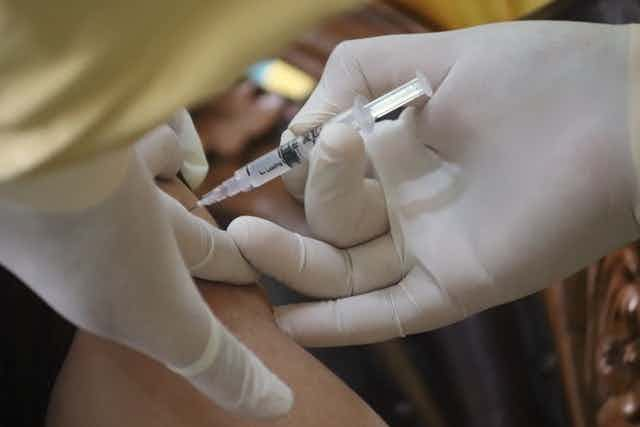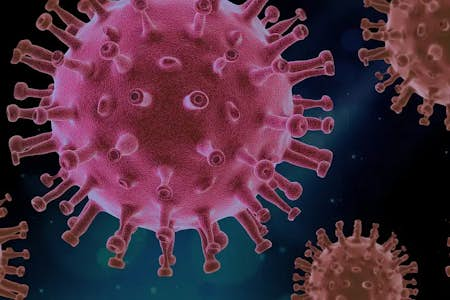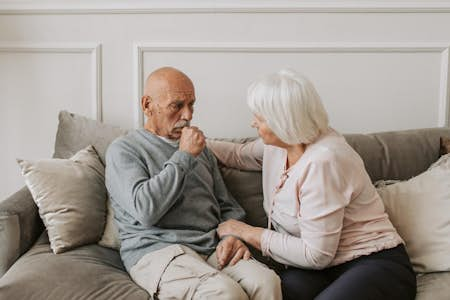The Covid vaccination programme continues across the UK, with younger age groups now being called for their jabs. The programme started in earnest at the end of last year, kicking off with the over-80s and the clinically vulnerable. Since then, health services have been working hard to get through the age groups, with figures showing that tens of millions have now had their first vaccination. More than 20 million are also now fully vaccinated.
Research into vaccines has been ongoing as the vaccination programme continues. The results of one recent study have revealed some good news regarding the development of antibodies among those who have had at least one dose of the vaccine.
High antibody levels for those vaccinated
The research was carried out by University College London and involved 8,517 participants with an average age of 65. The study found that 96.42% of people develop antibodies to protect against the virus after a single dose of both the Pfizer and AstraZeneca vaccines. In addition, researchers said that this figure increased to nearly 100% among those who received both doses of their vaccine.
Over 96% of those vaccinated had developed antibodies 28-34 days after their first jab, increasing to 99.08% one to two weeks after receiving a second jab. The research found both vaccines to be highly effective in creating antibodies to fight the virus.
The lead author involved in the study, Dr Maddie Shrotri, spoke about the results stating, “This is one of the earliest real-world vaccine studies in the UK and it is fantastic news. Over nine out of 10 adults in the UK who had either the Pfizer or AstraZeneca vaccine produced antibodies against the virus within a month of their first shot.”
Dr Shrotri also said that the results were particularly impressive given the very short time in which the vaccines had been developed. It was also pointed out that none of the participants taking part had any antibodies before receiving their first vaccine dose.
The difference in antibody levels
One of the things highlighted in the study was that after the first jab, antibody rates tended to rise faster in those who had received the Pfizer jab compared to the AstraZeneca. However, after one month, antibody positivity rates among those vaccinated were equal regardless of the vaccines they received.
The data also showed that following the first dose, the vaccines resulted in fewer antibodies among older people and those with certain health conditions. However, after the second dose of the vaccine, this levelled out, with all age groups benefiting from high antibody levels.






